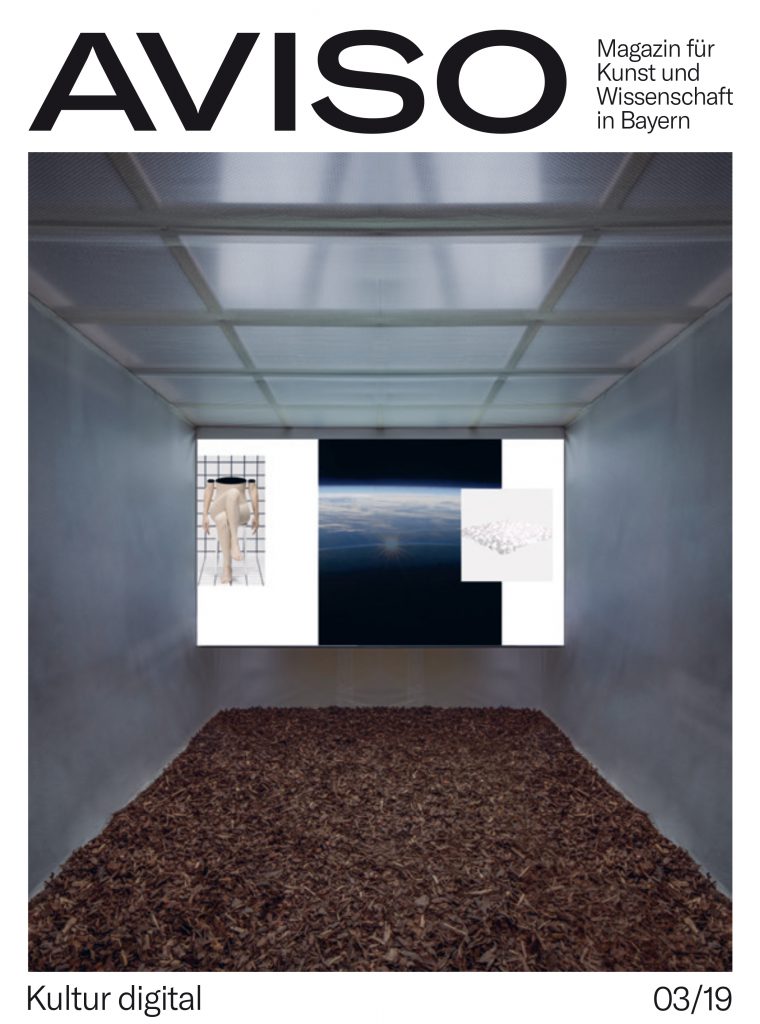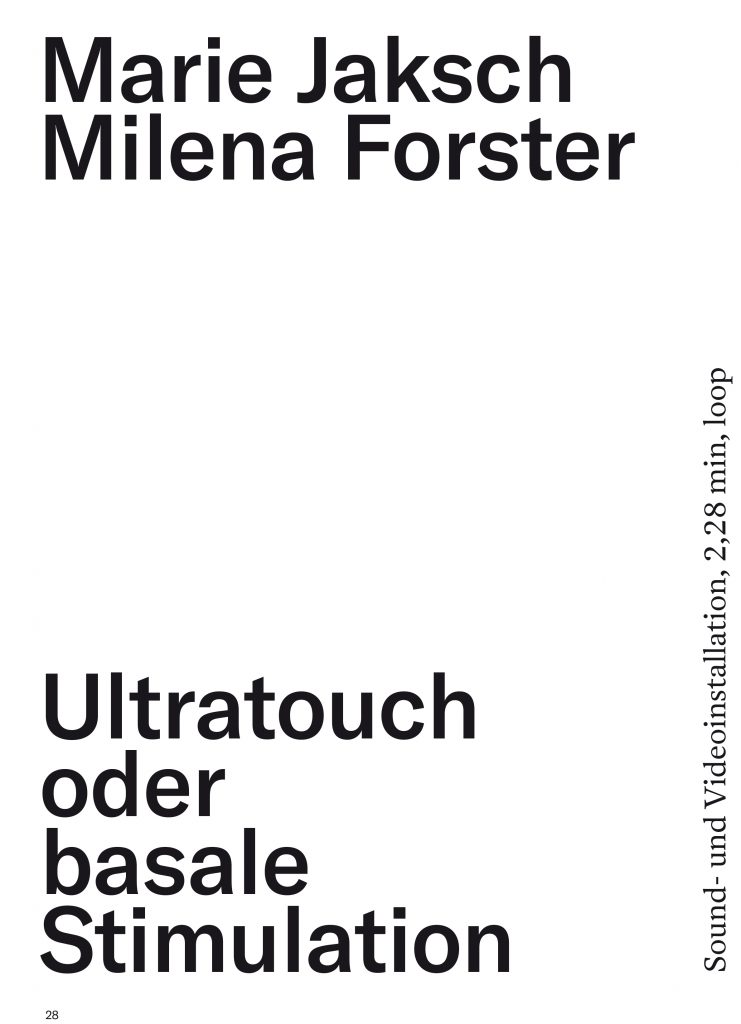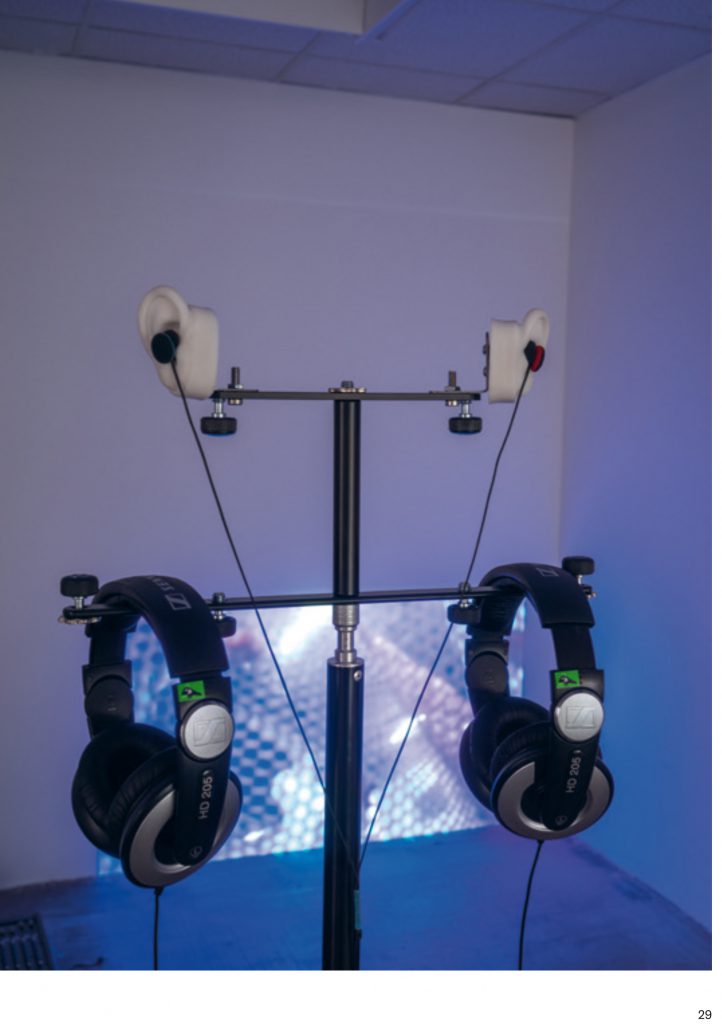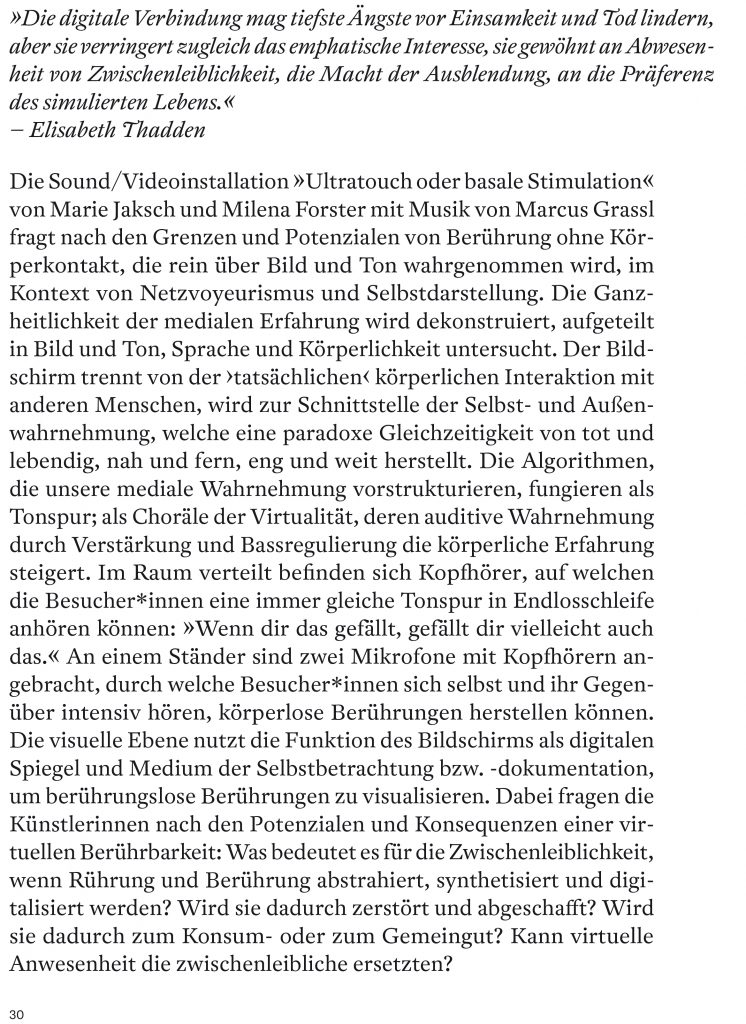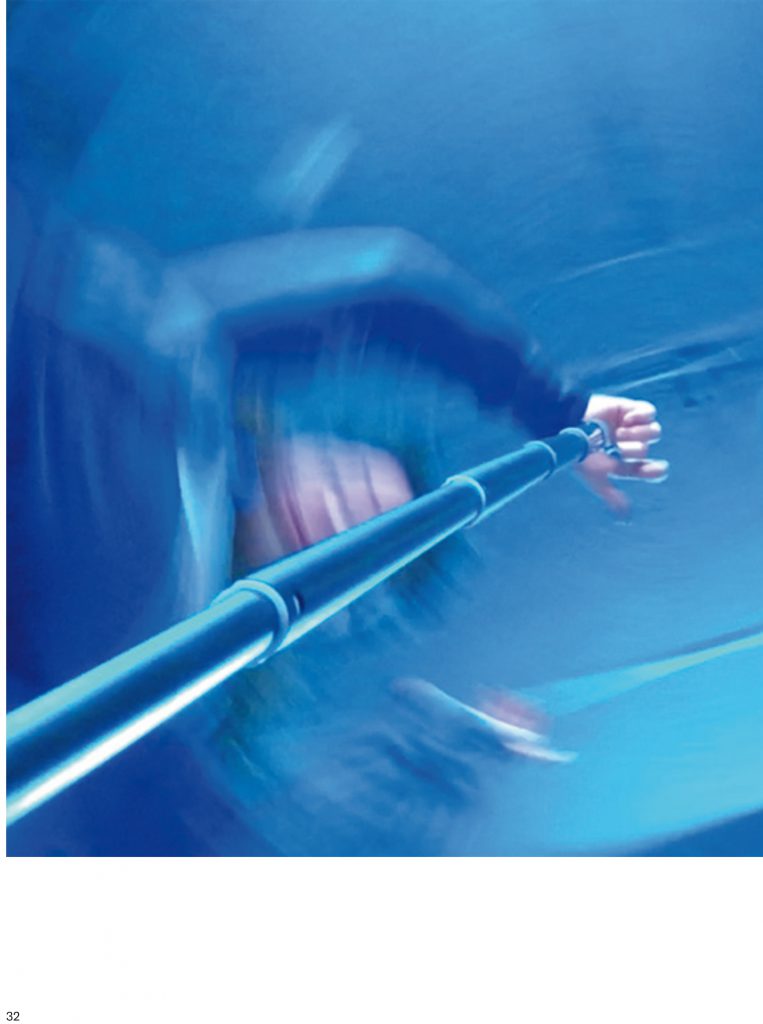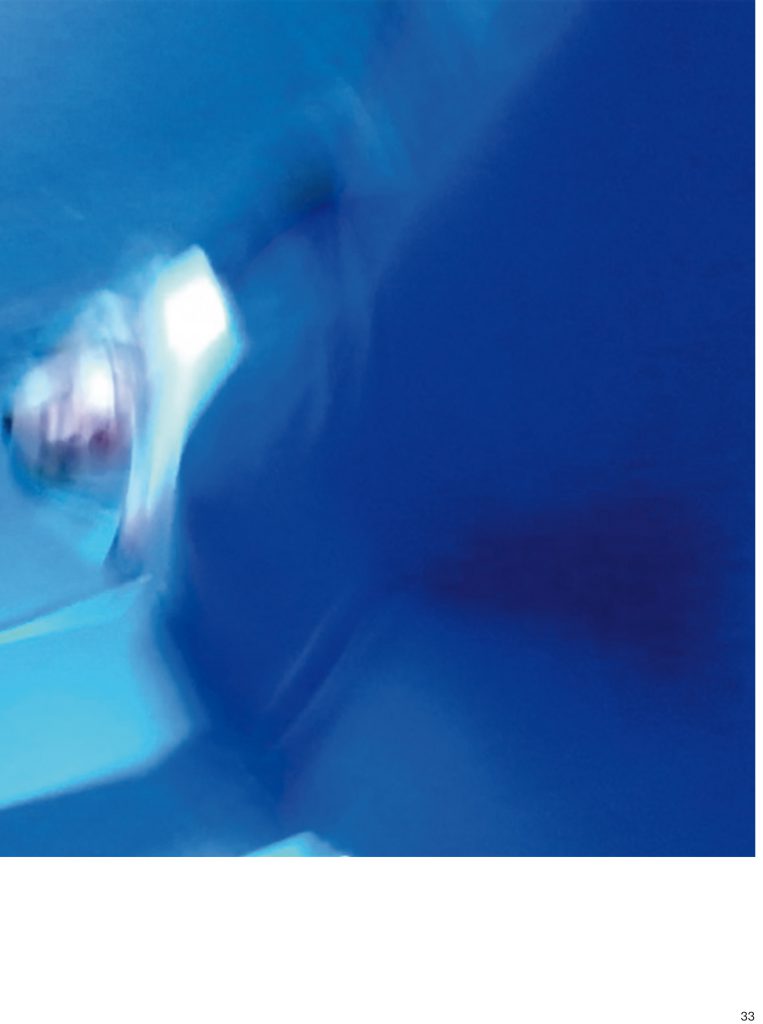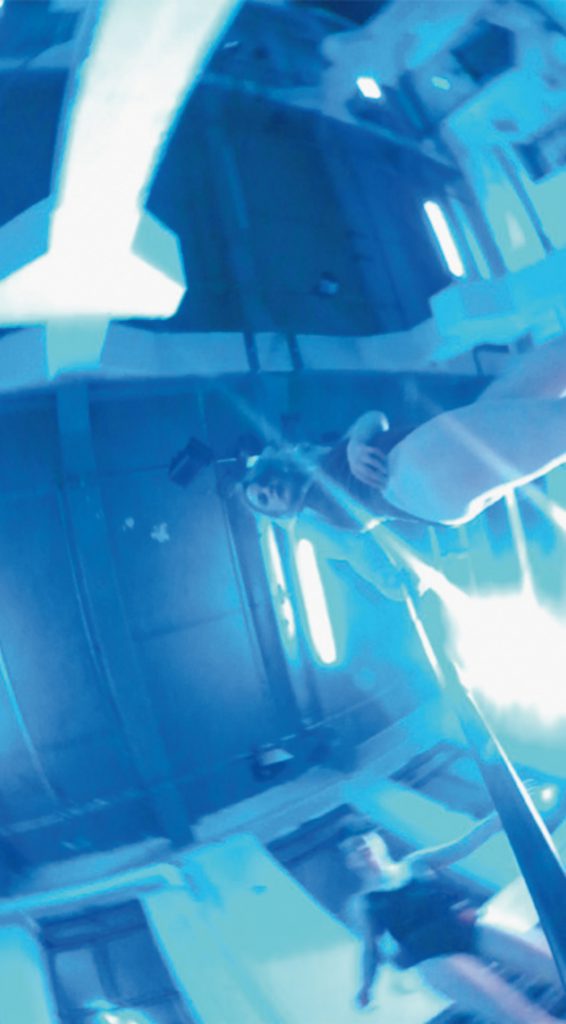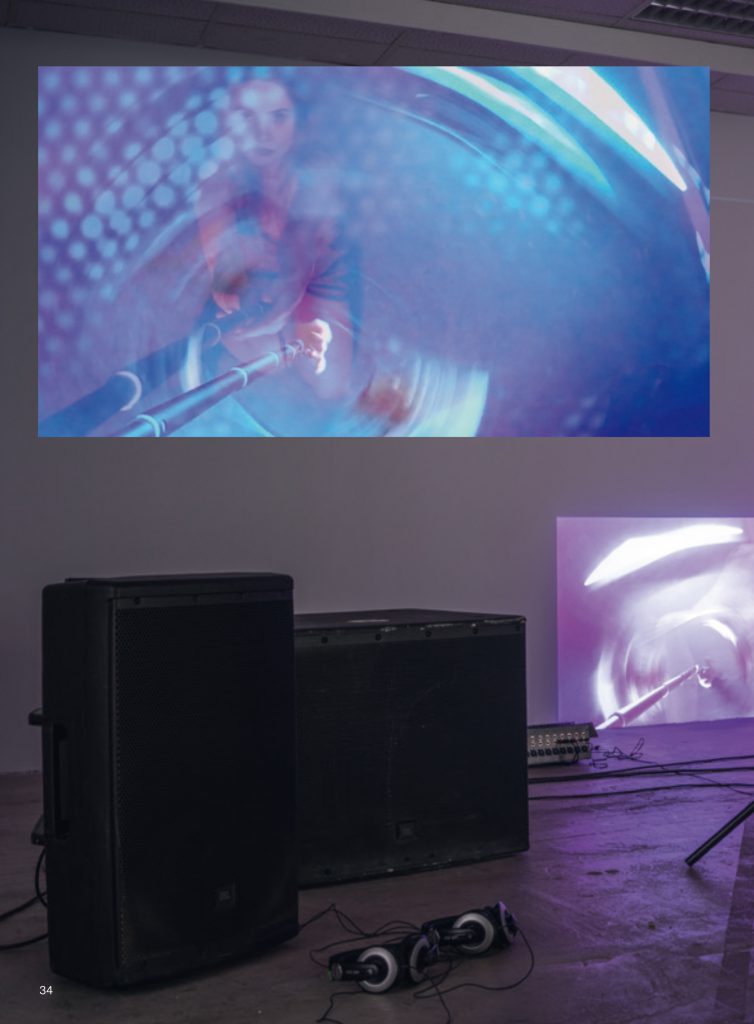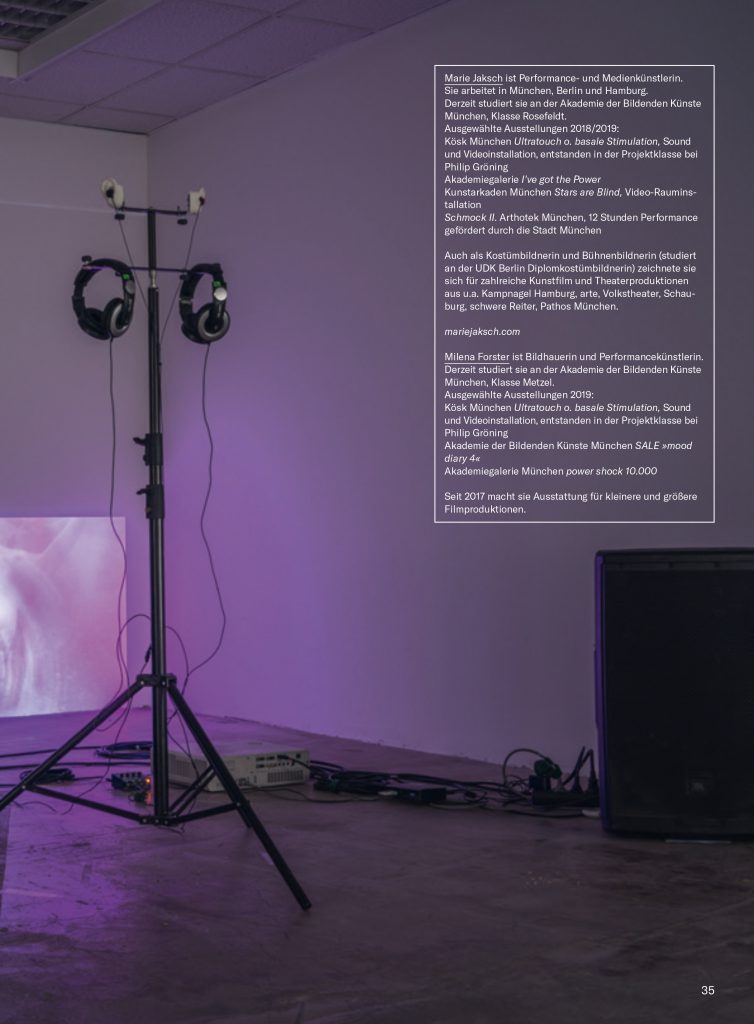Ultratouch oder basale Stimulation, veröffentlicht im AVISO Magazin https://www.stmwk.bayern.de/kunst-und-kultur/magazin-aviso.html
Ultratouch or basal stimulation
Sound and video installation, 2.28min, loop
Ultratouch or basal stimulation
Video / sound installation and performance
Kösk Munich 2019
Galerie von Empfangshalle Munich 2019
Published in Aviso, Magazine for Art and Science Bavaria 2019
„The digital bonding may ease deepest fears of loneliness and death, but at the same time it reduces the emphatic interest, it accustoms us to the ab- sence of intercorporeity, to the power of disregarding, to the preference of simulated life.“ Elisabeth Thadden
The sound-video performance „Ultratouch or basal stimulation“ asks about the limits and potentials of touch without physical contact, which is per- ceived purely via image and sound, in the context of web voyeurism and self-projection. The totality of the media experience gets deconstructed and examined, divided into images and sounds, language and physicality. The screen separates from the ‚actual‘ physical interaction with other people,
it turns into the interface between self and external perception, which creates a paradoxical simultaneity of dead and alive, near and far, close and wide. The textualization of algorithms that pre-structure our media perception serves as a soundtrack; as chorales of virtuality, whose amplification and bass regulation increases the physical experience. Spread in the space you find three performers and one musician. They experiment with vari- ous „intimate“ or „private“ sounds and noises and create through these a disembodied touch with the audience.
The video uses the function of the screen as a digital mirror and medium of self-examination or -documentation in order to visualize contactless touches. The artist asks about the potentials and consequences of a virtual touch-ability: What does it mean for bodiliness if affection and touch are abstracted, synthesized and digitized? Will it be destroyed and abolished? Will it turn into consumery goods or a common good? Can virtual pre- sence replace the corporeity?

